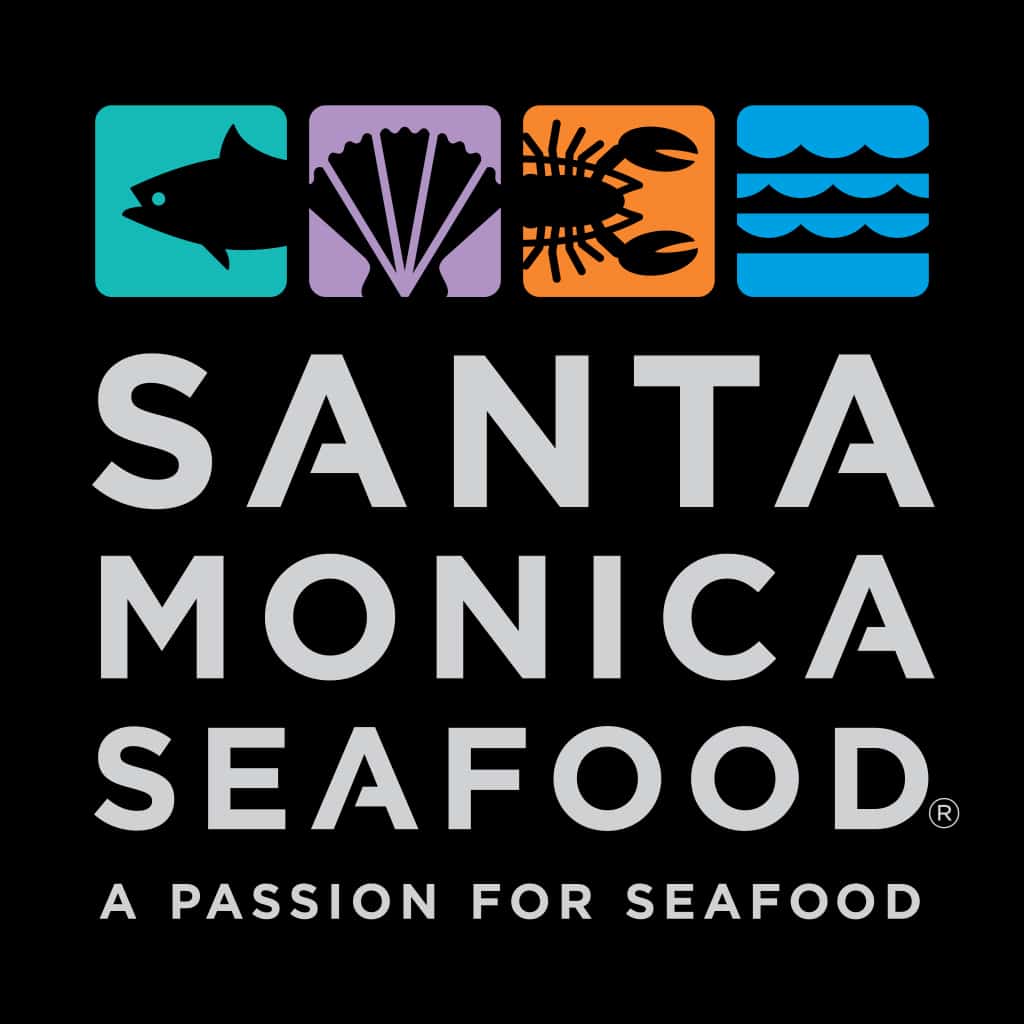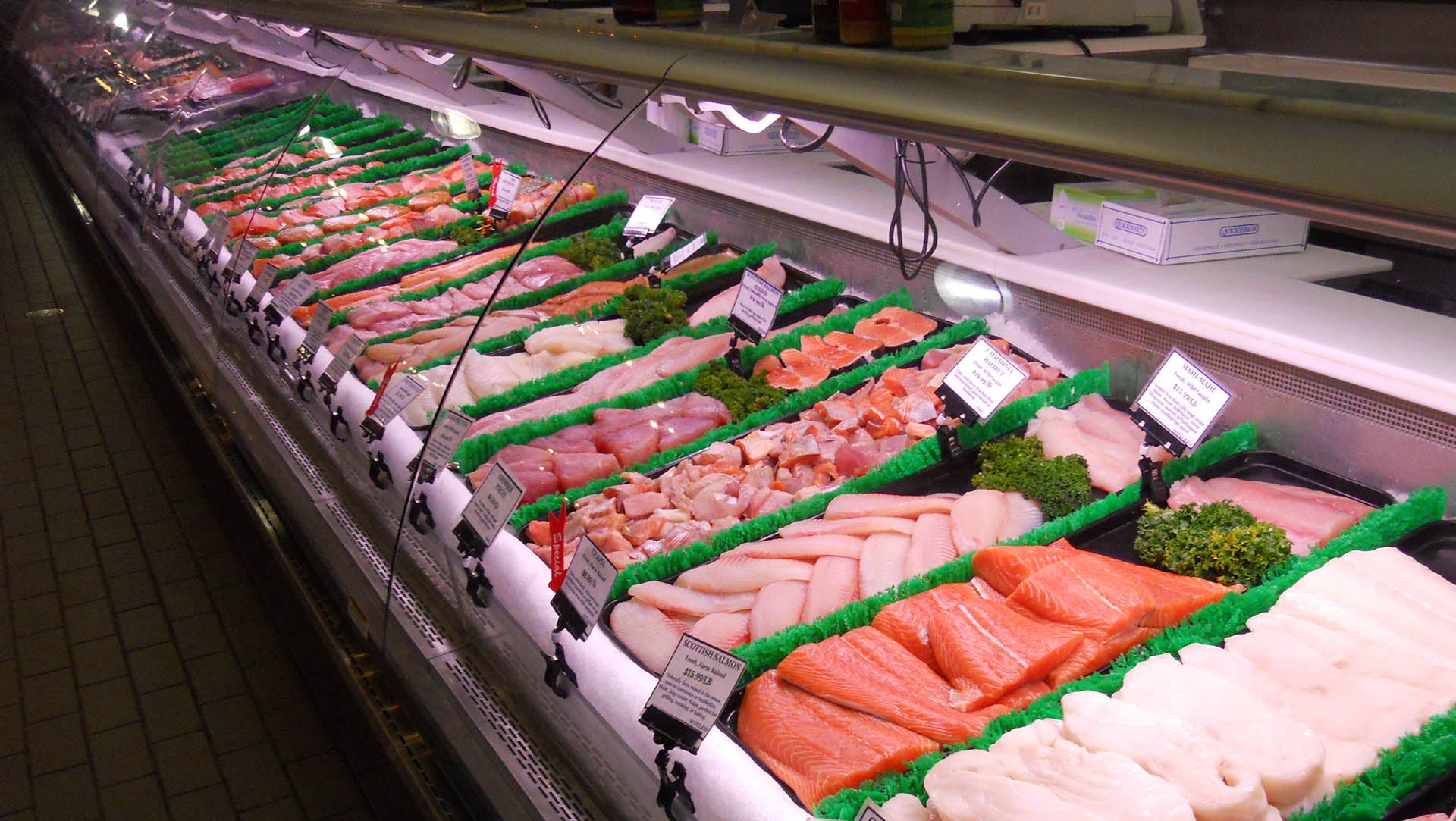Every once in a while someone questions our decision to carry Chilean Sea Bass (a.k.a. Patagonian Toothfish). It’s a great question! There has been a lot of press over the years regarding the sustainability (or lack thereof) of Chilean Sea Bass.
The short answer is that we carry a very specific type of Toothfish that has been certified by the Marine Stewardship Council (MSC). A report of Toothfish fisheries prepared by outside, independent scientists for the Monterey Bay Aquarium has confirmed the fisheries engaged in the Marine Stewardship Council program continue to make environmental improvements such that MBAQ’s Seafood Watch consumer guide has upgraded the ratings of all MSC certified toothfish fisheries to “Best Choice” or “Good Alternative”.
That’s good news for those of you who have enjoyed this delicious fish in the past but have been “taking a pass on Sea Bass” for the last couple of years. Now is the time to celebrate the fact that the Chilean Sea Bass that we carry is a smart choice!
Our friends at the MSC sent along a bit more information, so keep reading if you’re interested in learning more about the “behind the scenes” research:
The year-long review was commissioned by the non-profit Coalition of Legal Toothfish Operators (COLTO) as confirmation the environmental improvements being made in these toothfish fisheries are contributing to positive environmental outcomes, including a significant reduction of Illegal, Unregulated, Unreported (IUU) fishing and a significant reduction of seabird bycatch.
The improvements and sustainable fishing practices were recognized by scientists in their assessment of the toothfish fisheries using Monterey Bay Aquarium’s Seafood Watch program criteria for assessing the environmental sustainability of capture fisheries. With permission from the Aquarium, the assessment adhered to the Seafood Watch program’s robust research protocols, which included peer review. The assessment is a direct result of collaboration among COLTO, conservation organizations, fishery scientists, regulators and the Commission on the Conservation of Antarctic Marine Living Resources (CCAMLR), the 25 member-nation international organization that is responsible for the conservation and management of marine resources in the Southern Ocean.
Commenting on the report, Dr. David Agnew, MSC’s Director of Standards, said: “This independent, scientific study confirms the MSC program is working exactly as intended, by harnessing market forces, including access and price, to reward sustainable fishery practices and encourage other fisheries to make improvements, as appropriate.
“The Coalition of Legal Toothfish Operators (COLTO) has shown that commercial fishing, environmental improvements and protections can work effectively together, and we applaud their commitment and success. The first toothfish fishery was certified in 2004, and since then almost all major toothfish fisheries have seen the benefits of certification and taken steps to become MSC certified. Currently 30% of the world-wide toothfish catch comes from certified fisheries, and an additional 39% in other fisheries is under assessment. Combined with the supply chain integrity provided by the MSC’s Chain of Custody standard, consumers can rest assured that purchasing MSC toothfish recognizes and rewards the efforts made by fishers such as COLTO to ensure their fishing practices are sustainable.”
Don’t hesitate to ask if you have any further questions.

